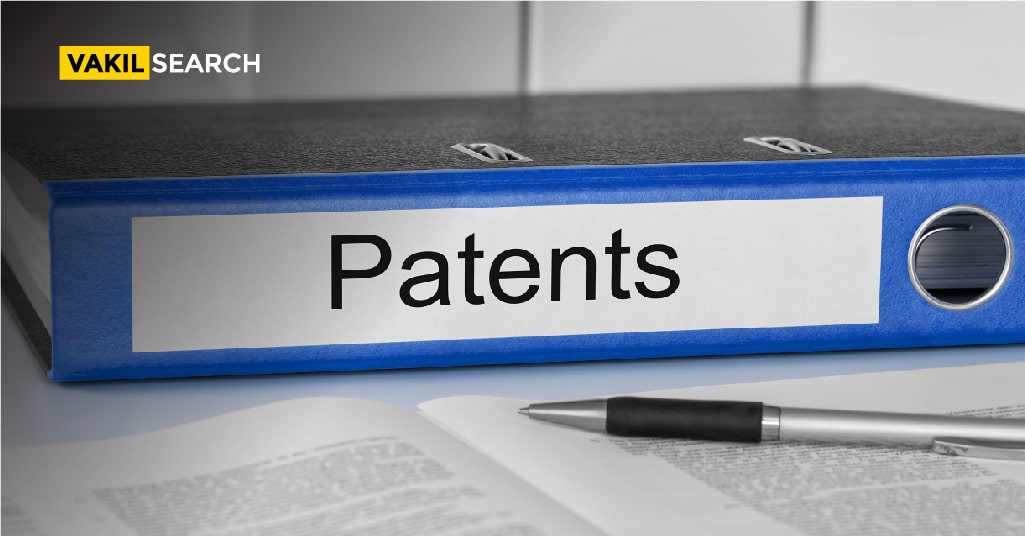The article takes the reader through the impact of artificial intelligence on the law governing the application of patents.
There is multiple nitty-gritty that needs to be kept in mind while studying patent law and the high impact of artificial intelligence on patent law. Artificial Intelligence or AI comprises a vast network or a chain connection of an exhaustive computer science platform that enables the building of new-age, technically-superior smart machines for a wide range of tasks. Human interference in any type of task thus gets reduced to a large extent. The productivity and overall performance of any company, institution, or organization can be accelerated to a large extent. Some examples of artificial intelligence and where it is used include self-driven vehicles, robo-operated machines, e-mail spam filters, Siri, Alexa, and several types of conversational bots. In the case of innovation, development, and proliferation of science and technology, AI is undoubtedly one of the most effective ways to enhance an organization’s overall development. Artificial Intelligence Is Breaking Patent Law
Artificial intelligence helps develop vaccines in medicine, ship and automobile designs, and areas of space technology. Now, how does this affect the overall aspect of the patent technology? And what overall effect does it have on the inventor modules? The entire patent law concept is based on the assumption that Al inventors are equipped with human features. But at the same time, it faces a huge problem in dealing with an inventor that is essentially the machine. In countries like the United States, certain European countries, and the United Kingdom, multiple consultations go on about the Intellectual property law and the working of the artificial intelligence system.
What About the Decision of the Government Bodies and Courts Regarding the Impact of AI?
While dealing with the effect of AI on patent law, certain government bodies and courts have also pointed out that if any kind of invention is made with the help of artificial intelligence, then it can never be made part of a patent. Along with that, there are other huge implications. If business and funding parts are required, then if research makes heavy use of artificial intelligence, it will not be considered a serious research matter. If there are life-saving inventions, they are good, but if it is made with the help of AI, they will have no value as such. There is no question of force, according to the guidelines of the patent laws; there is no question of forcing to find suitable ways to put in new technology. Governments should look after all types of AI-generated inventions very carefully.
Patent and Machines: Laws and Inventions
The world’s first patent legislation emphasized using a machine or artificial intelligence but the supreme innovative technique used by individuals to produce something new. The Venetian Patent Statute, long drawn to around the year 1474, was one of the first draftings of patent legislation. Even this concept of patent law and Artificial Intelligence was considered part of the Paris Convention for the Protection of Industrial Property.
Without Meeting the Following Criteria, You Cannot Register a Patent
In technology, a group of inventors can work together, and the invention process can include products, techniques, and technology methods that the inventors can follow. Inventors having skills in the art may not invent something new, but they must have a common knowledge of the respective technology field for patent registration. Inventions can be capable enough to get registered under industry, and they can be used in industry, which must have proper economic significance.
AI (Artificial Intelligence) Has the Potency to Change the Drug Discovery
Patent law and artificial intelligence In India have immense significance in multiple sectors. Those inventions made possible with the help of artificial intelligence do not offer much consideration to who or what human being is actually behind the creation. The registration of a patent considers whether the inventor is a human. If there is no presence of a human mind, then the patent analysts fear that it might have other types of repercussions on the patent. Apart from this, this domain faces one more extremely fundamental challenge.
The question of human skill and machine-made skill, the question of the general knowledge and IQ of an individual and that of a machine, is entirely different. After all types of examinations, if the discovery is not evident to the person, then the discovery is said to be very near to the concept of getting a patent. In terms of a futuristic perspective, if the assessment of AI and its significance can be given for the contribution and analysis of artificial intelligence, then the apparent steps of patentability can also be considered. One example can be shown in this direction; a mechanism can be thrown light upon as a test case.
DABUS (Device for the Autonomous Bootstrapping of United Sentience) is a famous AI system created by Stephen Thaler, the chief executive of the AI company Imagination Engines, which has exhibited publicly one stupendous fact. As per his claim, DABUS invented a particular type of food container and a flashing light that can attract attention during any medical emergency. In 2018, several applications for patents were submitted to many patent offices worldwide. These were essential in determining whether AI could be a genuine inventor in all its senses. When the matter was brought before the court, the court tried to check it, read about it, and find loopholes in patent filing and registration. Hence, AI and the field of patent law are fraught with multiple implications.
Conclusion
The national governments of all countries, patent registration offices, and law courts have to be super active in determining what constitutes a patent and what falls under patent law. Whether artificial intelligence should be considered adequate for patent filing: https://ipindia.gov.in/ or not, there is also power, educational shift, and world policies attached to it. Hence, the concept regains new momentum now and then. You can also reach out to Vakilsearch to resolve your queries.
Also Read:


